Category: Blog
-
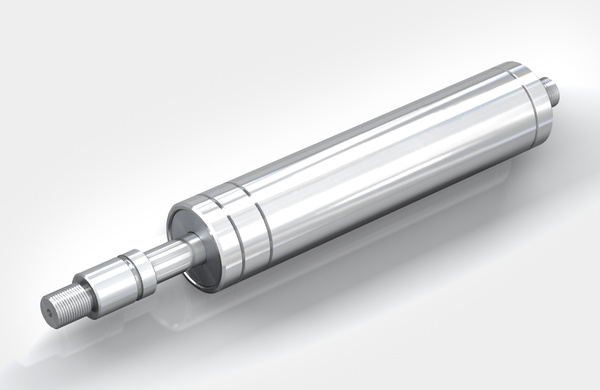
Understanding and Applications of Controllable Gas Springs
Introduction to Gas SpringsGas springs are mechanical devices used in various applications to provide controlled motion, damping, and support. There are different types of gas springs, including compression gas springs and controllable gas springs, which are distinct in their functions and designs. Both types are common in industrial and consumer products, and a clear understanding of…
-
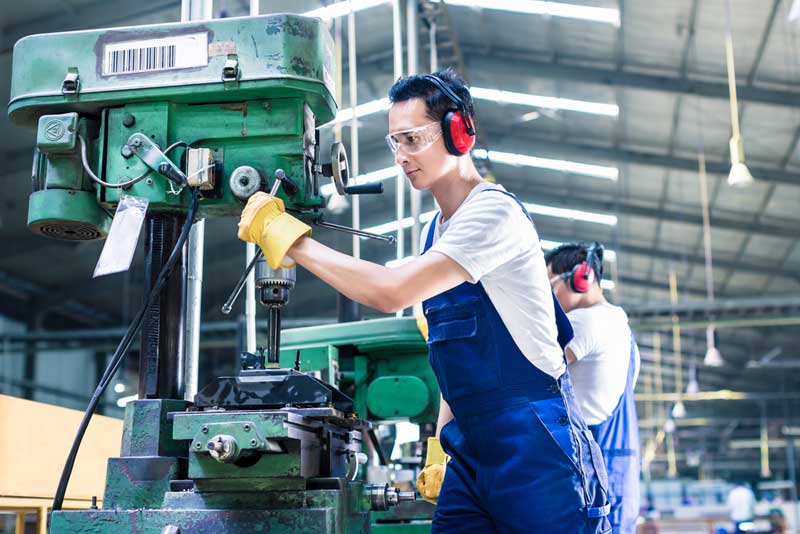
Installation Guidelines for Hydraulic Gas Springs
When installing hydraulic gas springs, it is essential to follow certain precautions to ensure their proper function and longevity. These guidelines provide best practices for installation, maintenance, and safety. The piston rod of the gas spring must be installed facing downward. Inverting the gas spring can lead to increased friction, reducing the damping quality and…
-
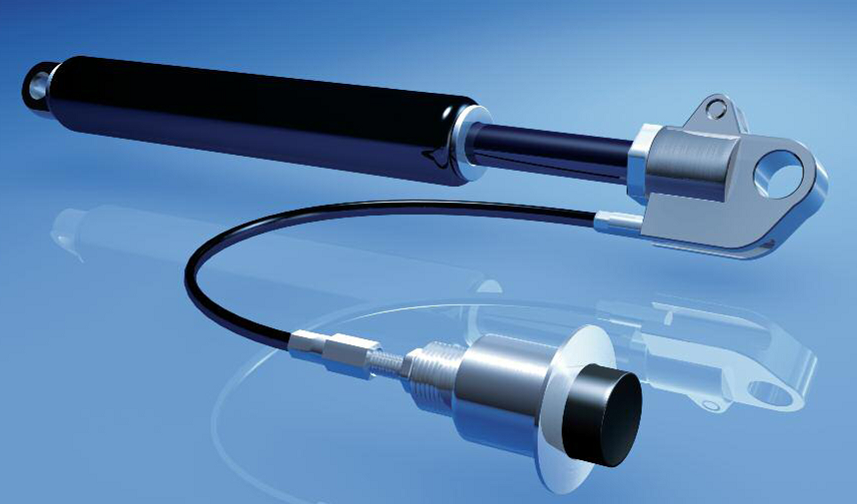
10 Advantages of Lockable Gas Springs
Lockable gas springs offer a variety of technical and practical advantages in industrial and mechanical applications. They are particularly beneficial for situations requiring precise control of movement and positioning. Below is a detailed overview of their features and benefits: 1. Variable Elastic or Rigid Locking Lockable gas springs provide options for both elastic positioning and…
-

How Does a Gas Spring Operate?
Gas springs, also known as gas struts or gas dampers, operate based on the principle of pressurized gas or a mixture of gas and oil sealed within a cylinder. Inside the sealed pressure cylinder, inert gas or a combination of gas and oil is filled to create internal pressure that is several times or even…
-
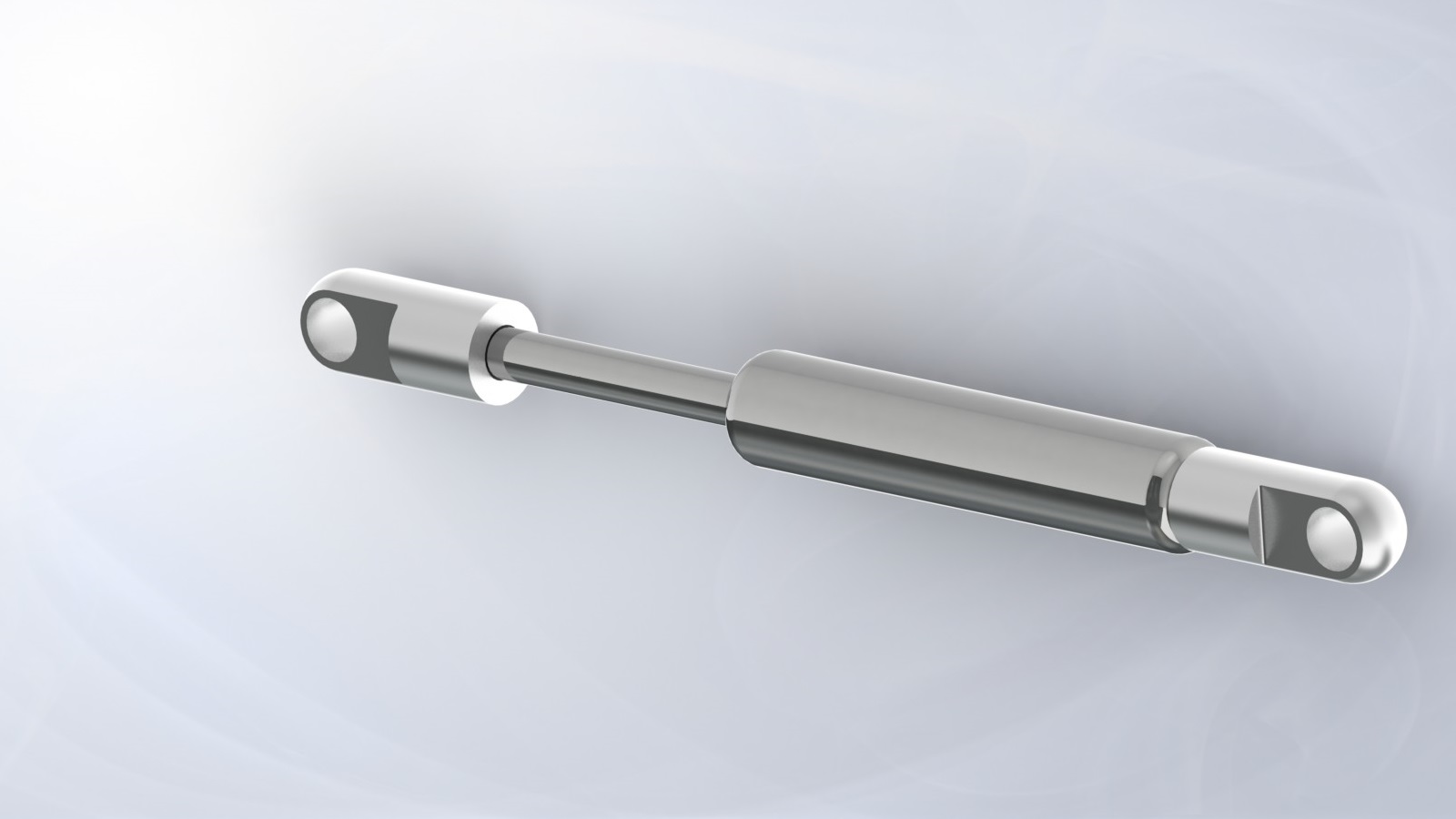
Material Analysis of Stainless Steel Gas Springs
Stainless steel gas springs are widely used in various industries due to their excellent mechanical properties, resistance to corrosion, and adaptability to different environmental conditions. This document provides an in-depth analysis of the materials commonly used in the production of stainless steel gas springs, focusing on the properties, performance, and manufacturing options available for different…
-

Gas Spring Classification
Gas springs are essential components used in various industries for lifting, supporting, and controlling motion. Depending on their function and structure, gas springs are divided into several categories, each suited for specific applications. Below is a detailed classification of gas springs, along with their key characteristics and common usage areas. 1. Lift Gas Springs (Support…
-
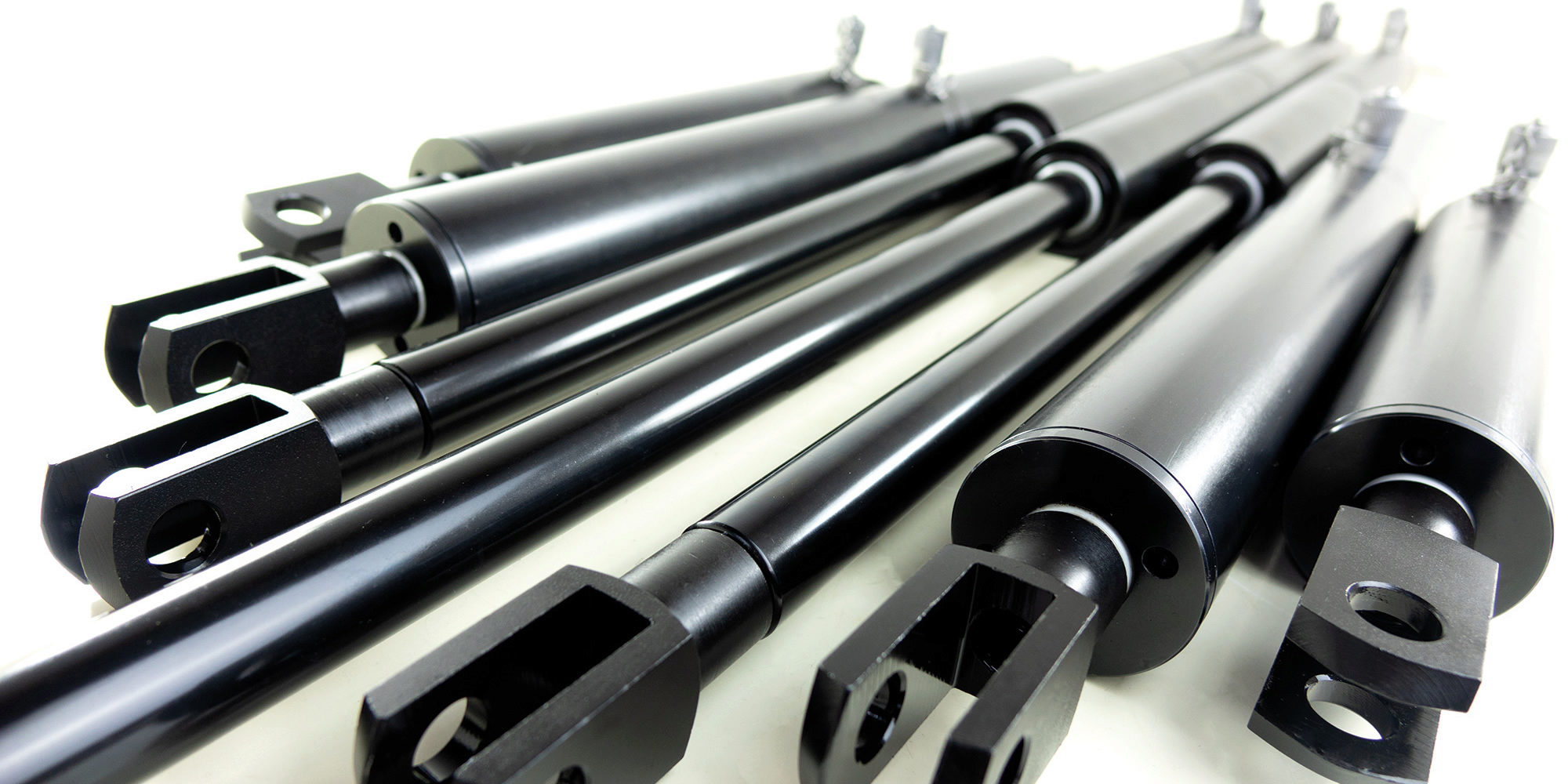
Differences Between Controlled Gas Springs and Regular Gas Springs
Controlled gas springs, also known as self-locking gas springs, are specialized gas springs that can lock in any position during their stroke. This key distinction, based on their operating principles, sets them apart from regular gas springs and grants them several significant advantages. Controlled gas springs have a relatively slower speed, exhibit minimal dynamic force…
-

Gas Spring Selection: Key Parameters
When selecting a gas spring, it is crucial to consider several important parameters to ensure optimal performance. The following are the key factors to keep in mind: This refers to the distance between the two mounting center holes when the gas spring is fully extended. The stroke length is the difference between the total extended…
-
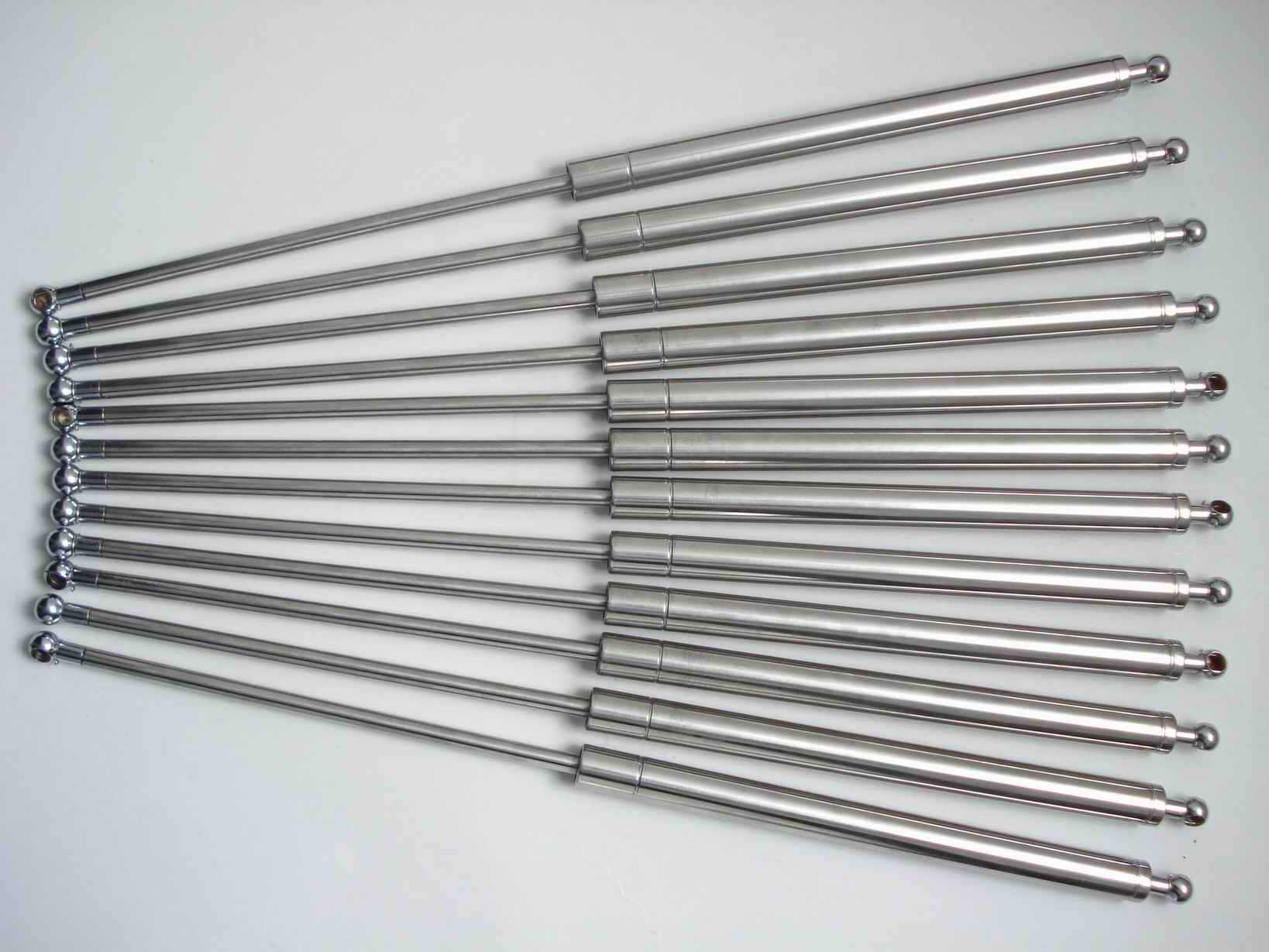
Working Principle of Stainless Steel Gas Springs
The operation of a stainless steel gas spring is based on specific physical principles. When no external force is applied, the gas spring naturally extends to its maximum length, which is its minimum compressed state. At this point, the pressure on both sides of the piston is equal. However, due to the different surface areas…

